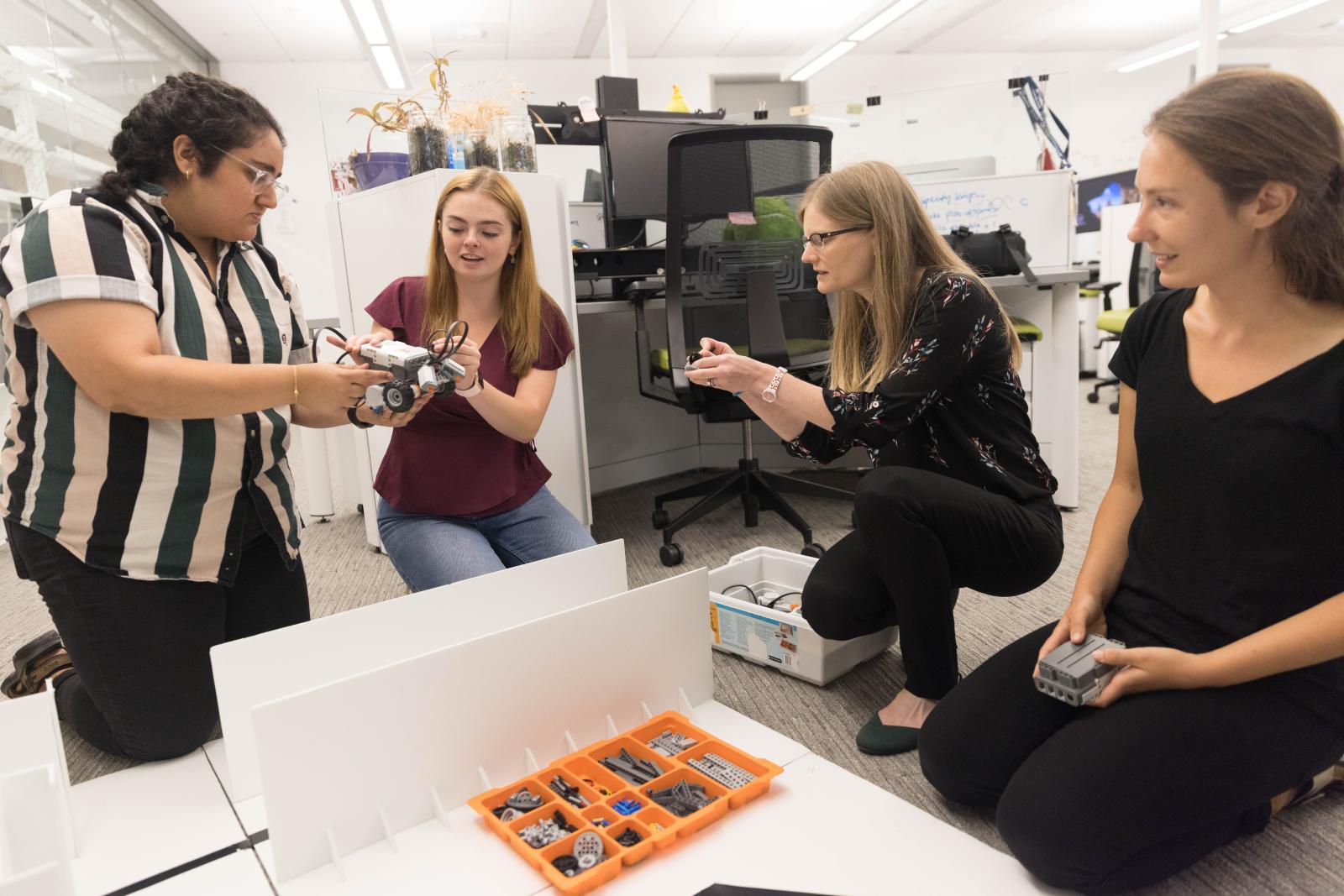Master of Science in Systems Engineering
Program Overview
Offered on GW's main campus in Washington, DC, the Master of Science in Systems Engineering provides broad knowledge of the "systems approach" for designing and managing large-scale engineering systems throughout a system lifecycle.
Areas of Focus
Students may choose from the following areas of focus to tailor their coursework. Required courses for each area can be found in the GW Bulletin.
- Operations Research and Management Science: This focus area prepares students to apply quantitative, computational, and analytical methods to solve operational or strategic decision problems faced by managers.
- Systems Engineering and Modeling: This focus area equips students with the skills to design, integrate, and manage large-scale complex systems over their lifecycle, through practical applications of key systems engineering concepts and analytical tools.
On-Campus and Online Programs
The M.S. in Systems Engineering is also available entirely online. If you are seeking to complete this program online, please view the requirements and apply at the online Master of Science in Systems Engineering website.
Program Requirements
- Credit hours: 36*
- Thesis options: Thesis and non-thesis options available. Thesis students reserve 6 credit hours for research, while non-thesis students take additional coursework to fulfill remaining credit hours.
- Duration: Two years (full-time) or three years (part-time)
*Effective Fall 2026, the M.S. in Systems Engineering will require completion of 30 credits
Admissions Requirements
- Bachelor's degree in any field.
- Grade of B- or higher achieved in Single-Variable Calculus coursework or its equivalent.
- Minimum of 3.0 GPA (on a 4.0 scale) or equivalent achieved on the final 60 credit hours of undergraduate coursework.
- Successful submission of online application form, exam scores and other documents as outlined in the admissions requirements.
Professional Outcomes
Get further insights into the career options and outcomes for students and alumni of the Systems Engineering program.


